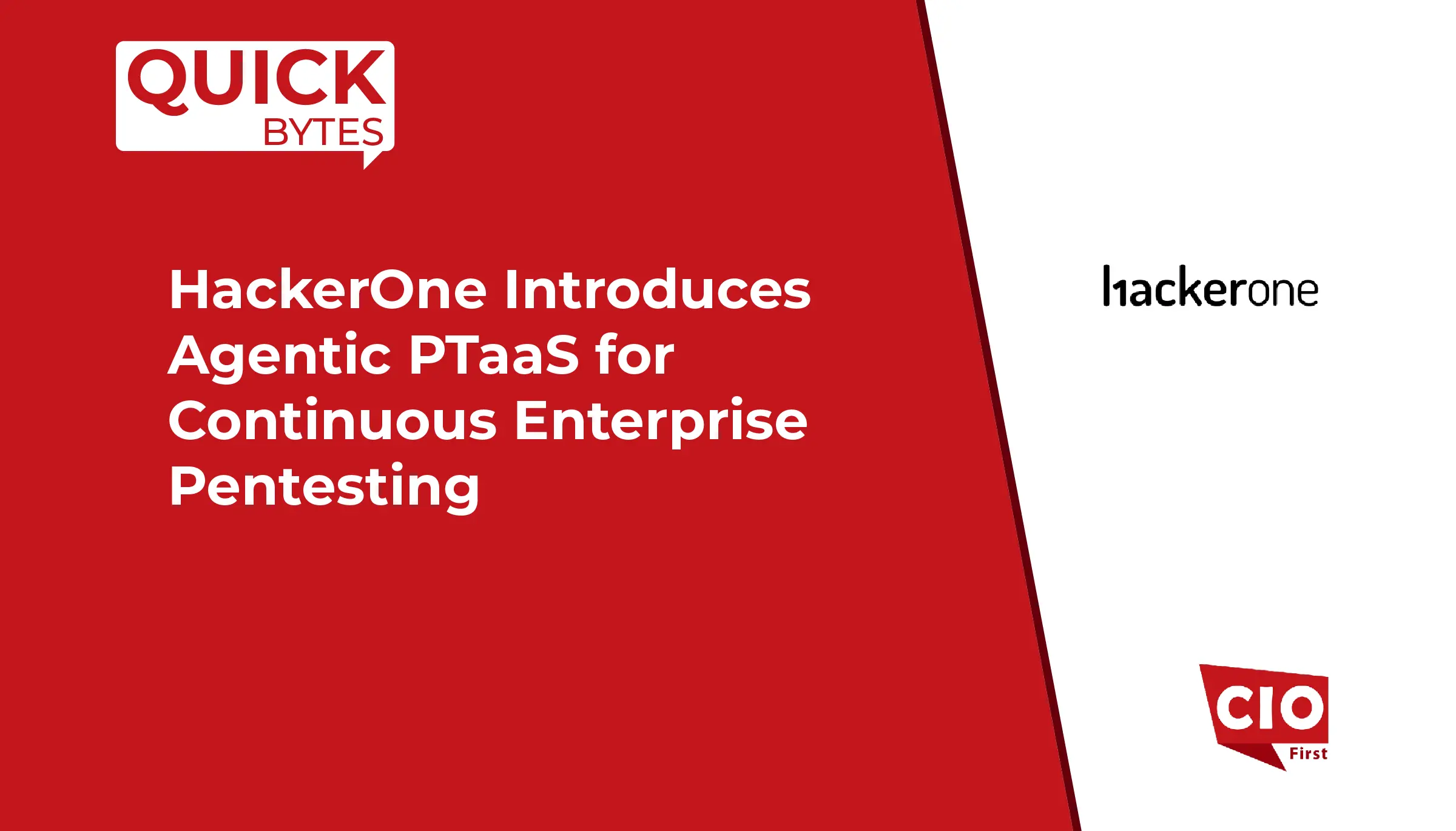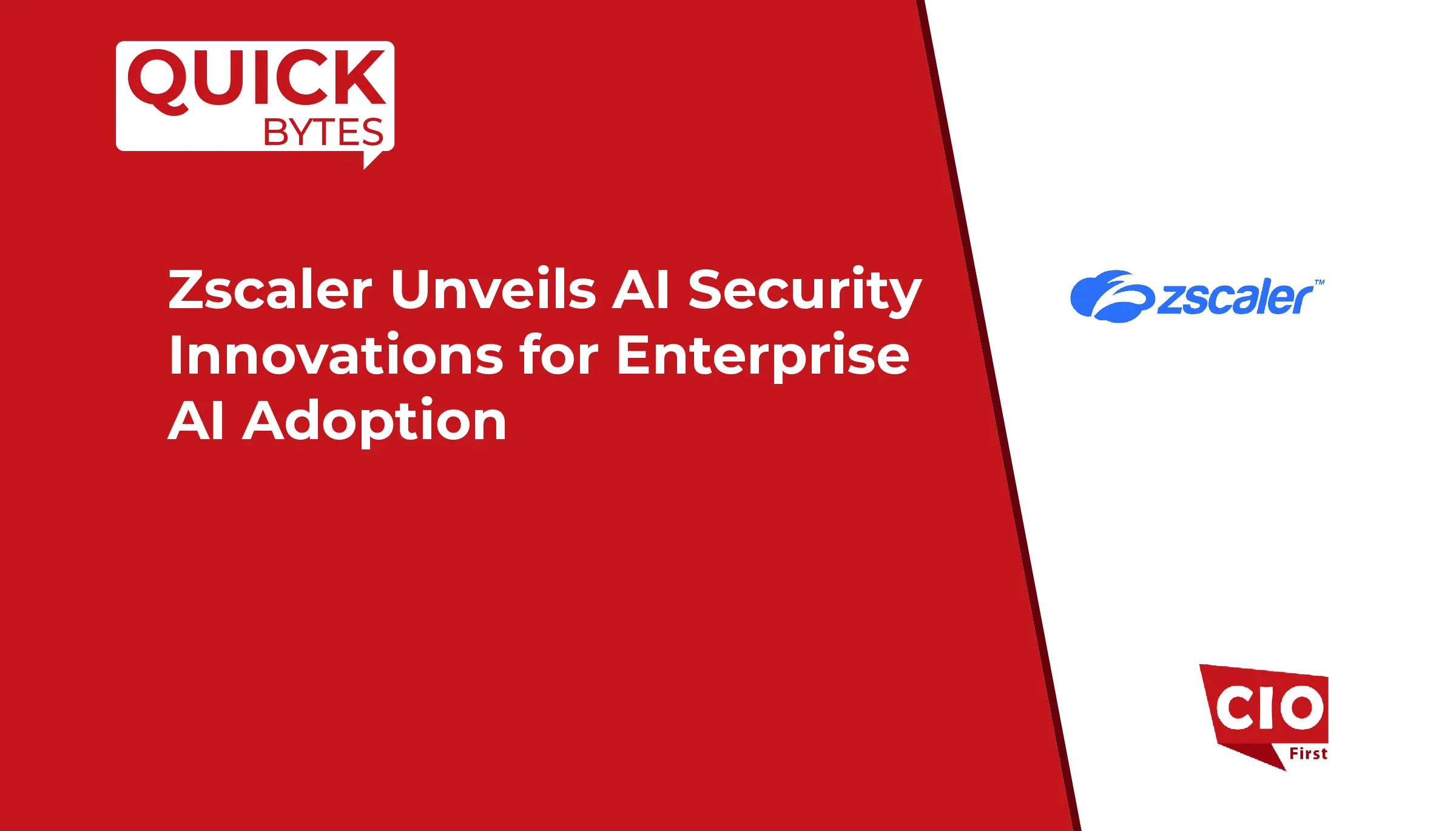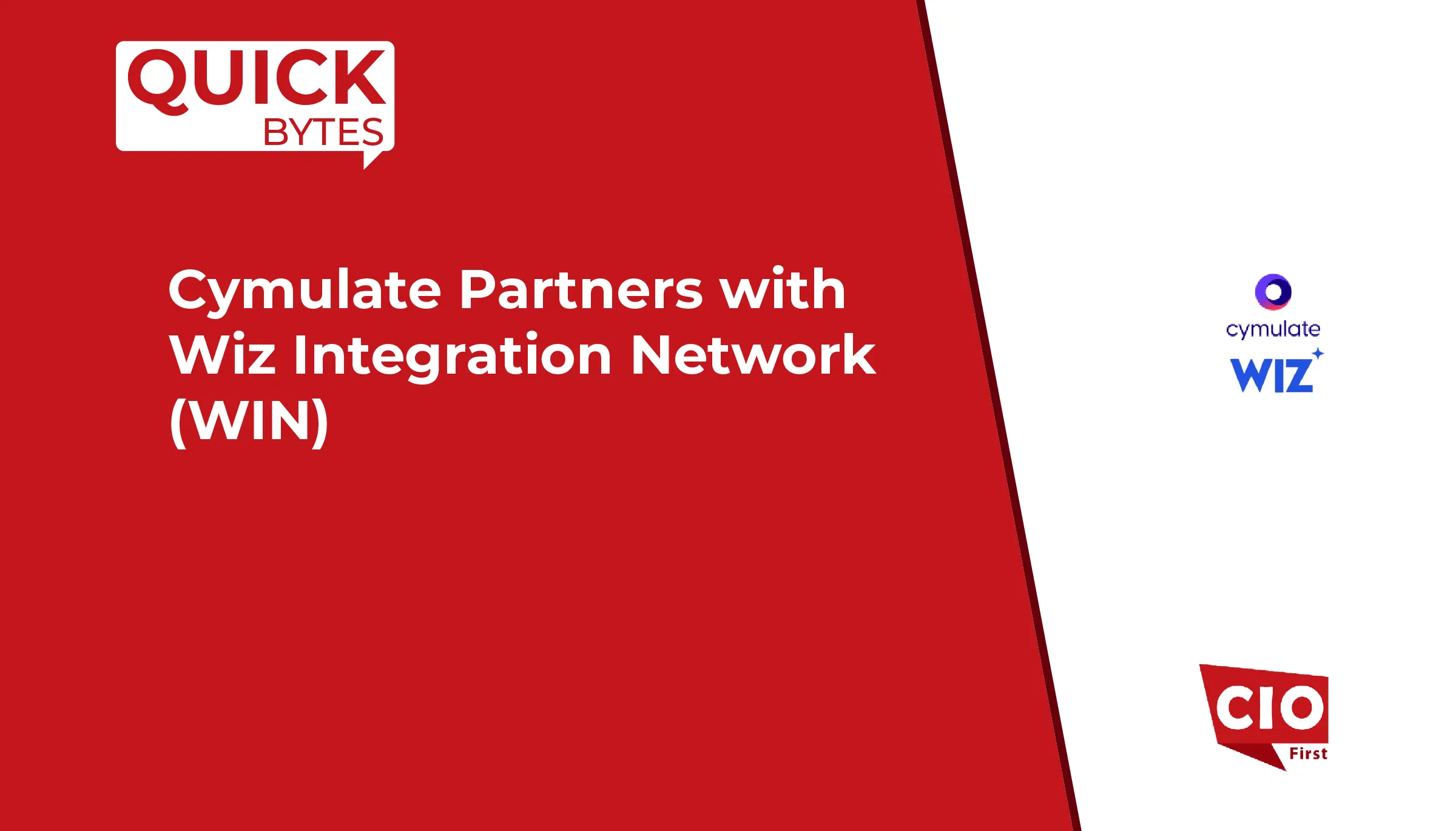TraceLink, the largest end-to-end digital network platform for intelligent supply chain orchestration, announced the addition of Opus Solution Environment in the upcoming Magnum release of its Opus Platform. This feature is the only metadata-driven, code-free solution design environment that provides the people who use the supply chain the ability to create and configure cross-enterprise solutions.
TraceLink’s metadata-driven platform enables companies to use seamless no-code configuration for solution design and implementation. By leveraging declarative semantics, companies can easily bootstrap and scale their environments and focus on innovation rather than technical challenges. The Opus Solution Environment provides intuitive no-code tools for its customers and solution partners to design user experiences, customize workflows, manage access, and configure supply chain networks. This enables anyone, regardless of technical expertise, to accelerate development, reduce costs, and digitize operations without IT constraints or backlogs.
“Our new metadata-driven no-code capability combined with our unrivaled network of more than 291,000 supply chain partners enables our customers to compose complex business processes across their entire ecosystem. In addition, the release of these no-code capabilities radically expands the number of business users and solution developers who can now lead digitalization projects for their organizations and paves the way for a growing ecosystem of solution partners who can provide supply chain orchestration to their customers, regardless of their financial profile or digital maturity level. This is truly the only path to democratic access to end-to-end supply chain digitalization,” said Shabbir Dahod , President and CEO of TraceLink.
The main features and benefits of the Opus Solution Environment:
- Empowered solution designers: With a no-code platform powered by metadata, Opus enables anyone, regardless of technical background, to develop, configure and customize multiple enterprise solutions. The platform eliminates the need for programming skills, encouraging more professionals to participate in the development and optimization of supply chain processes and fostering a collaborative and innovative environment.
- Intuitive drag-and-drop interface: The platform’s user-friendly design allows users to create and modify forms and workflows using a simple drag-and-drop interface. This shortens the learning curve and accelerates the adoption of new cross-company business processes, ensures consistency across projects, and minimizes development time.
- Flexibility: Users can define custom business rules, logic and conditions within their workflows without requiring technical knowledge. This adaptability ensures that workflows comply with specific operational requirements and regulatory requirements. As business needs change, workflows can be adapted quickly and in real time without disrupting business operations, enabling unmatched flexibility.
- Efficiency: The no-code environment significantly reduces the time from concept to execution and accelerates the adoption of new business processes. This speed is especially critical in fast-moving industries such as pharmaceuticals and life sciences. Here, the platform supports scalability, allowing users to replicate workflows across departments and regions while maintaining efficiency and consistency as the company grows.
- Cost reduction: By reducing the impact on specialized development teams, no-code reduces operational costs. Faster development cycles and shorter time to market lead to a faster return on investment, allowing companies to use specialized resources more efficiently and increase overall productivity.
- Increased agility: The Opus platform allows solutions to be deployed independently without waiting for predetermined release schedules. This flexibility supports continuous innovation and allows teams to iterate and refine their processes in real time. Organizations can quickly adapt to changes, configure workflows, and implement improvements without delays to ensure operations remain flexible and responsive.
- Reduced complexity: Opus integrates B2B transactions through extensible workflows, with each transaction modeled as an object. This approach simplifies interactions between multiple companies and reduces operational complexity, streamlining overall supply chain processes and improving efficiency.
- Data management and security: Integrated data and rights management ensures that companies can manage and protect sensitive information across global corporate networks. The platform’s network awareness helps maintain data quality and security and provides companies with confidence when scaling operations across regions and departments.
Bob Sturim , Chief Technology Officer at TraceLink, adds: “This level of capability and flexibility is unique to TraceLink, as all other software companies with no-code platforms only enable this capability within an enterprise context – no other company globally has demonstrated the ability to offer similar no-code tools for cross-enterprise digitization use cases unique to supply chain management.”
Multienterprise Information Network Tower (MINT) is the first product to fully leverage the capabilities of the Opus solution environment, enabling people to seamlessly integrate into the TraceLink network and share standardized transactions with authorized trading partners. By enabling secure, real-time data exchange, MINT improves collaboration across the supply chain, reducing errors and delays and improving overall efficiency. Since configuration is code-free, users can easily customize workflows and transaction management to ensure alignment with their specific operational requirements and increase the agility of their cross-enterprise operations.
SOURCE: PRNewsWire
























